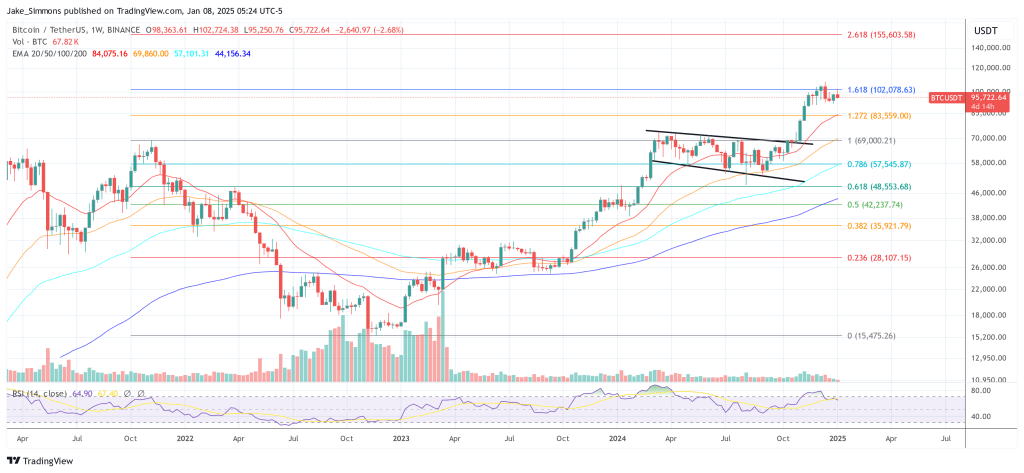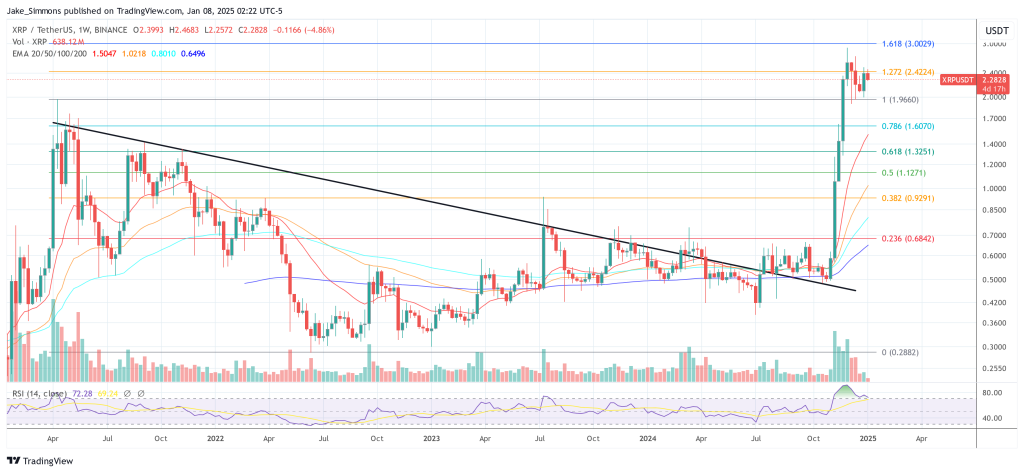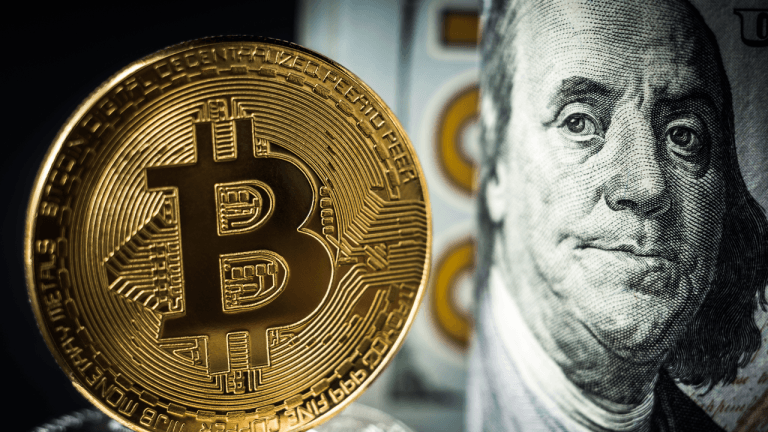
Changpeng Zhao is out at Binance, but his company lives on. That suggests tacit affirmation from the Biden administration of the crypto industry’s legitimacy.
Binance CEO Changpeng “CZ” Zhao’s departure from the platform he founded and the company’s guilty plea in a staggering $4.3 billion settlement with the United States Department of Justice have sent shockwaves through the cryptocurrency world. This development poses a crucial question: Is it a harbinger of doom or a bullish signal for the industry?
On Crypto Twitter, where speculation is rife, it’s easy to lose sight of the core issues. Let’s delve into what this settlement truly signifies, starting with the fundamental reason for cryptocurrency’s existence.
Cryptocurrency was never meant to be defined by central figures or platforms. Satoshi Nakamoto’s brilliance lay in creating a decentralized system that did not depend on individual prominence or authority. True to the ethos of crypto, this system was built on the pillars of anonymity and decentralization — principles that CZ veered away from despite his notable contributions. While he wasn’t a malefactor like Sam “SBF” Bankman-Fried, CZ wasn’t a staunch advocate for crypto’s foundational values either.
Related: WSJ debacle fueled US lawmakers’ ill-informed crusade against crypto
The DOJ action against Binance is more than a punitive measure. It represents a continuation of a narrative. In the wake of the FTX scandal and its links to SBF, the Biden administration appears to have adopted a stringent stance toward the crypto sector — despite SBF’s donations to President Joe Biden’s campaign. However, the implications of the Binance settlement transcend mere political storytelling.
.@EamonJavers reports on the latest in the federal criminal case against Binance CEO Changpeng Zhao. https://t.co/GlGXivktKT pic.twitter.com/HfYPqNjcKb
— CNBC (@CNBC) November 22, 2023
Binance’s admission to the DOJ’s allegations of operating as an unregistered money services business and disregarding Anti-Money Laundering norms is significant, albeit these claims remain untested in a court of law. The DOJ has a history of leveling unfounded money laundering accusations against ordinary cryptocurrency users for transaction patterns typical of regular use. This history casts a shadow on the legitimacy of the DOJ’s claims, especially given the leverage it seemingly wielded to coerce a settlement from Binance and CZ.
Yet, amid these contentious developments, there is a silver lining. The DOJ’s decision not to shutter Binance suggests an acknowledgment of the legitimacy of the cryptocurrency industry.
JUST IN: #Binance CEO ChangPeng Zhao (CZ) released from custody on $175 million bond. pic.twitter.com/HoMaFhd2oY
— Watcher.Guru (@WatcherGuru) November 21, 2023
This entire episode also underscores the paramount importance of decentralization in cryptocurrency. Centralized exchanges have emerged as vulnerabilities in the crypto ecosystem, reinforcing the adage “not your keys, not your coins.” This situation is a clarion call to pivot toward decentralized platforms, where control and ownership remain firmly in the hands of the users.
The fundamental lesson here is the imperative to build decentralized and maintain anonymity among the initial builders as the project emerges toward decentralization, just as in Bitcoin’s early days.
Trust in the cryptocurrency domain should not hinge on charismatic leaders’ appeal or centralized entities’ assurances. Rather, it should be anchored in the resilience and autonomy of the underlying technology.
Related: Expect new IRS crypto surveillance to come with a surge in confiscation
CZ and the U.S. federal government epitomize centralized power structures, each with distinct shortcomings. This settlement highlights the need for a paradigm shift in our engagement and perception of the cryptocurrency landscape. It’s a critical wake-up call for both builders and users in the crypto community to steadfastly adhere to the core tenets of crypto: decentralization and anonymity.
Far from merely a setback, this settlement might very well act as the impetus for the cryptocurrency industry to realign with its original ethos. A select few should not dictate the future of cryptocurrency. Rather, it should be shaped by a decentralized network that mirrors the vision of its enigmatic creator, Nakamoto.
As we navigate these turbulent waters, we mustn’t lose sight of the fundamental principles that gave birth to cryptocurrency. The vision of a decentralized, anonymous, user-empowered financial system remains as relevant and vital today as it was at the inception of Bitcoin. The Binance settlement, in all its complexity and controversy, serves as a pivotal moment — a reminder and an opportunity for the crypto industry to recalibrate and recommit to these ideals.
This article is for general information purposes and is not intended to be and should not be taken as legal or investment advice. The views, thoughts and opinions expressed here are the author’s alone and do not necessarily reflect or represent the views and opinions of Cointelegraph.

You can get bonuses upto $100 FREE BONUS when you:
💰 Install these recommended apps:
💲 SocialGood - 100% Crypto Back on Everyday Shopping
💲 xPortal - The DeFi For The Next Billion
💲 CryptoTab Browser - Lightweight, fast, and ready to mine!
💰 Register on these recommended exchanges:
🟡 Binance🟡 Bitfinex🟡 Bitmart🟡 Bittrex🟡 Bitget
🟡 CoinEx🟡 Crypto.com🟡 Gate.io🟡 Huobi🟡 Kucoin.




















Comments